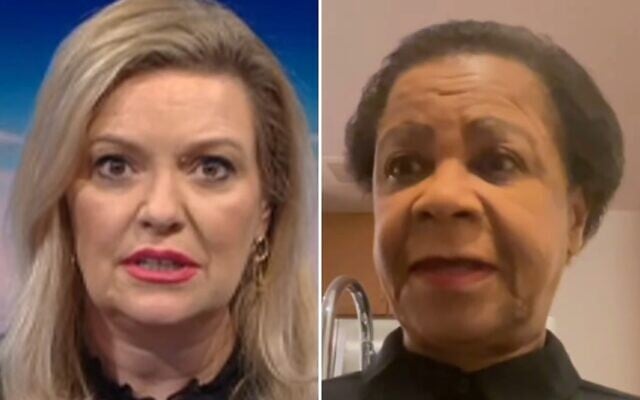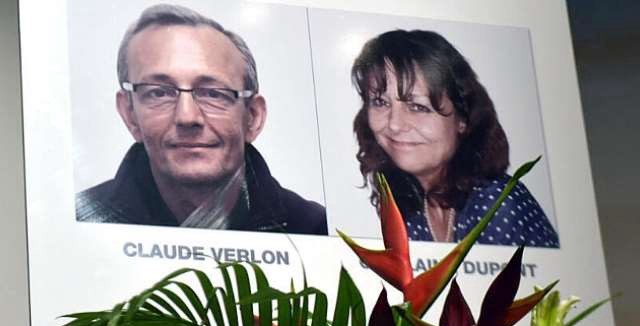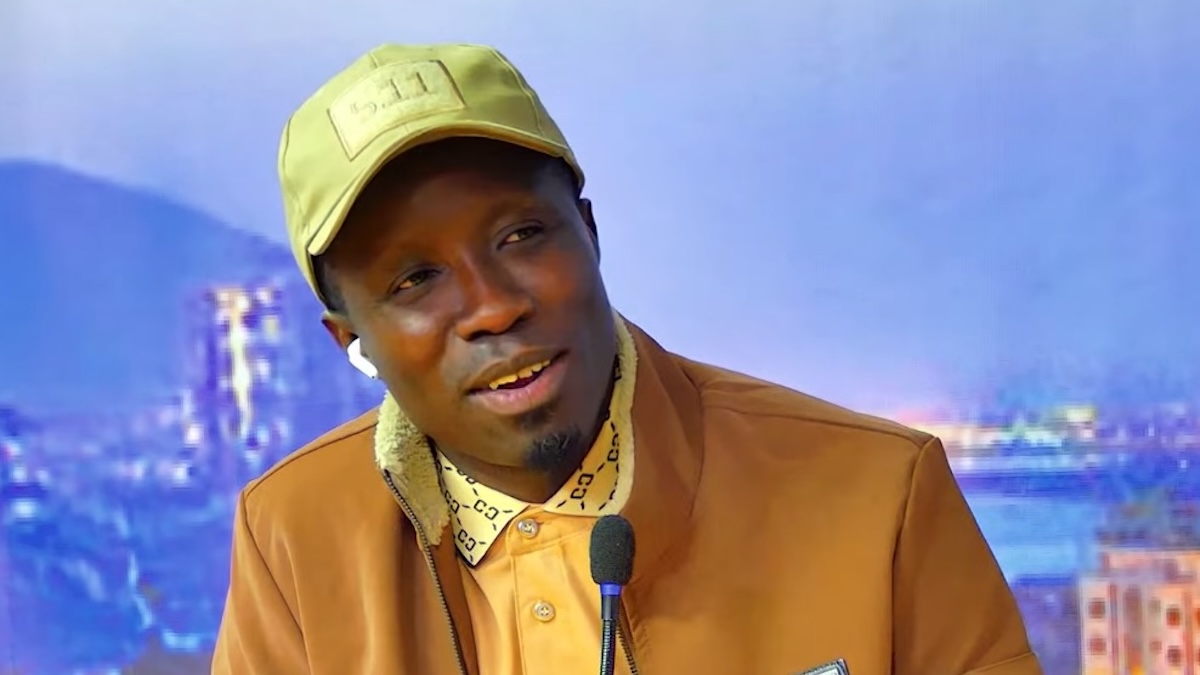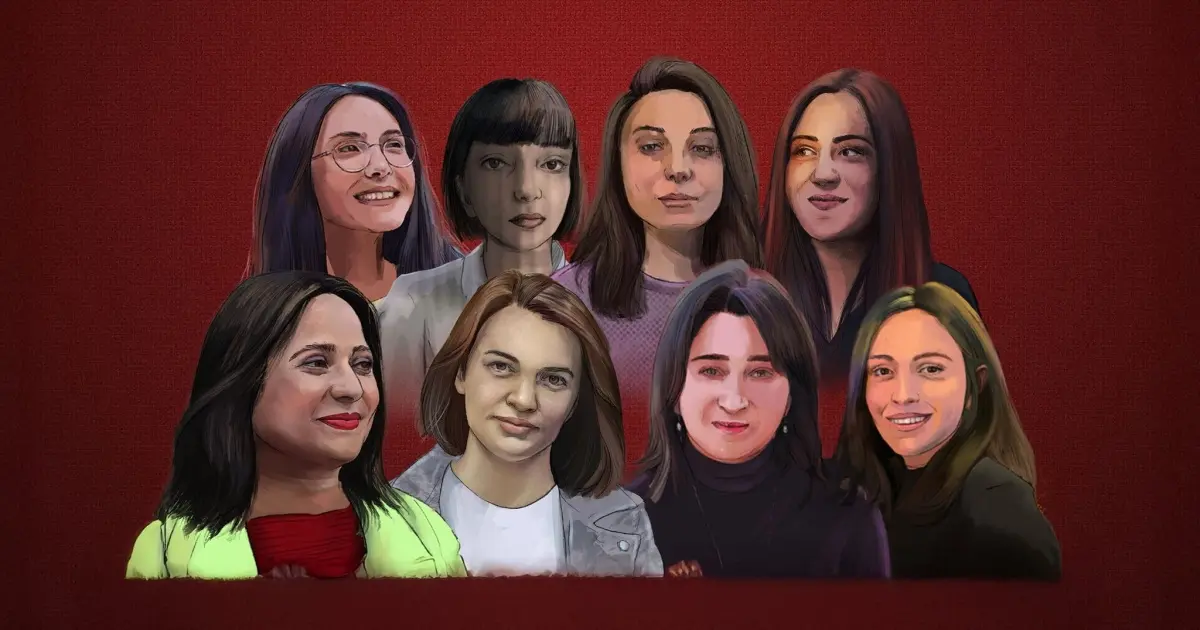
Azerbaijan Escalates Crackdown: New Charges Against Meydan TV & Journalist Arrested
September 3, 2025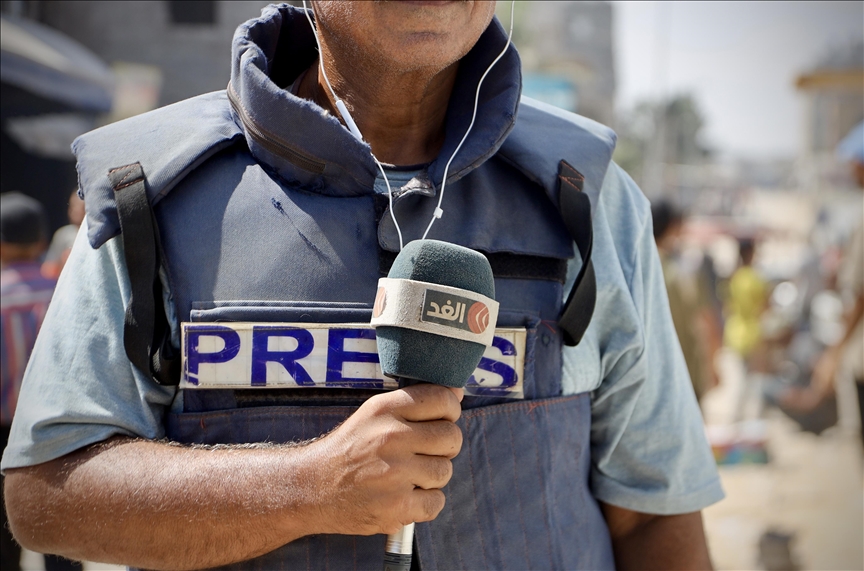
States Must Act or Gaza Journalists Will Be Silenced, Warn UN Experts
September 4, 2025September – 03, 2025 – South Africa/ Palestine –
South African TV presenter Juliet Newell was removed from the air by the South African Broadcasting Corporation (SABC) following an interview in which she challenged guest Dr. Mamphela Ramphele for comparing Israel’s military action in Gaza to the Holocaust. Newell asked whether the analogy was “provocative,” arguing that such a comparison “almost undermines what the Holocaust was all about.” Ramphele insisted: “It is a Holocaust by any definition” because of “deliberate attacks on children… and starvation,” prompting a fraught exchange that ended with both acknowledging their disagreement.
Following public backlash—including from the Palestine Solidarity Campaign accusing the SABC of “whitewashing” Israeli actions—SABC announced Newell would no longer appear on its schedule, citing internal editorial policies. The move triggered widespread criticism. The South African Zionist Federation condemned the decision as “an attack on editorial independence,” asserting that Newell was practicing proper journalism by demanding context and accuracy in a charged debate.
Yad Vashem, Israel’s Holocaust remembrance authority, denounced the broadcaster’s decision as a “moral failure,” arguing that punishing a journalist for rejecting a distorted Holocaust comparison sets a dangerous precedent.
The incident highlights growing tensions around media freedom and public discourse in South Africa, underscoring the challenges journalists face in navigating highly contentious political and historical narratives. With the SABC poised between competing pressures—advocacy groups, political ideologies, and editorial mandates—this moment raises urgent questions about the role of public broadcasters in safeguarding honest, nuanced, and fearless dialogue.
Let me know if you’d like a cross-comparison of media responses, legal frameworks surrounding journalistic independence, or broader reactions across South African civil society.
Reference –

